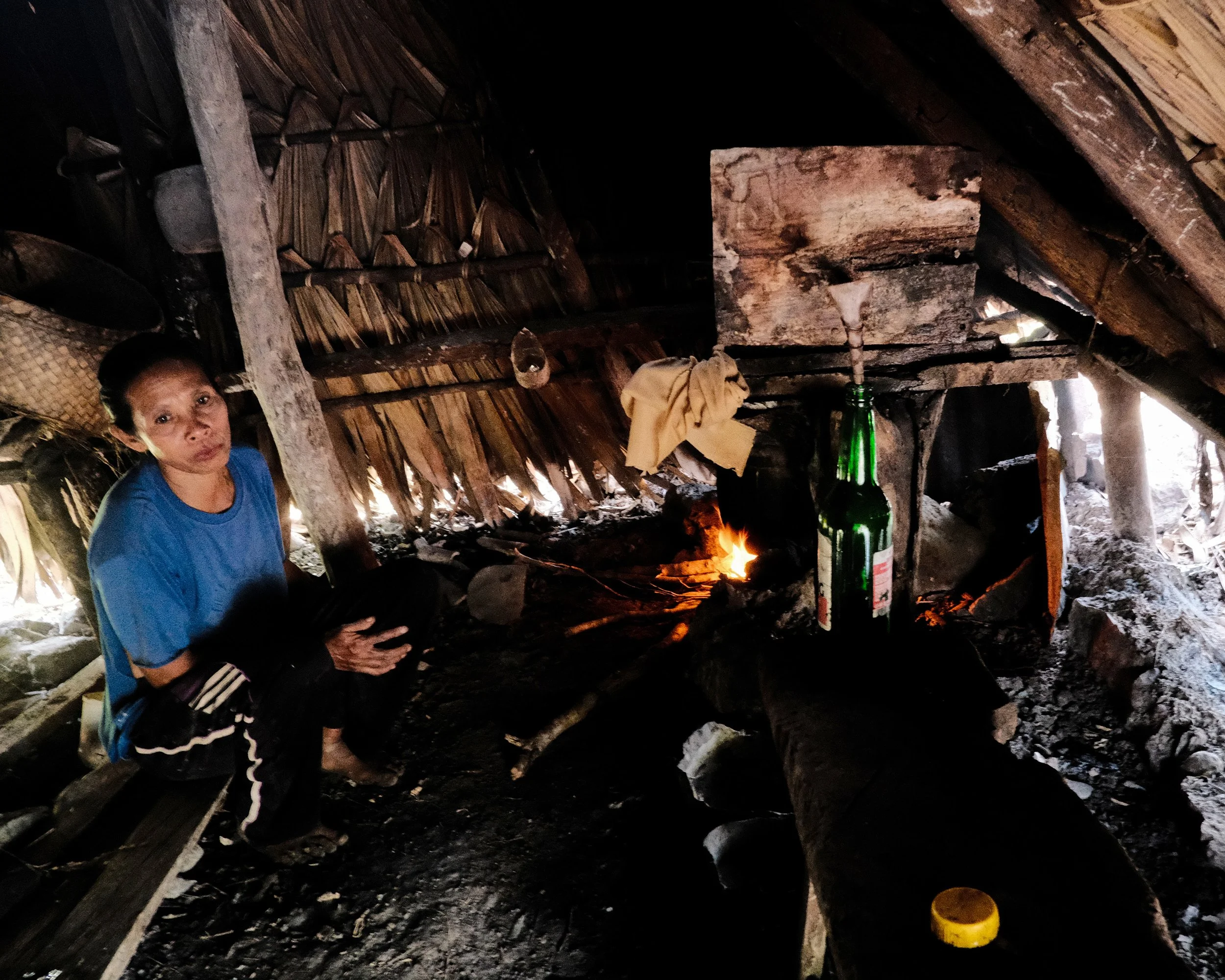Sopi: Drinks for socializing
My recent journey to Rote Island led me to document activities that are slowly disappearing. In the culture of the people in East Nusa Tenggara, gathering and socializing with friends or family during celebrations or important traditional events always involve a traditional alcoholic beverage derived from the fermentation of palm sap, known as "sopi," similar to sake in Japan, arak in Bali, tuak in Java, and perhaps in other places around the world.
Sopi is a traditional beverage originating from Maluku, but some regions in eastern Indonesia, like in NTT (East Nusa Tenggara), are also familiar with this drink. The word "sopi" comes from the Dutch word "zoopje," which means liquid alcohol. Sopi is made through the fermentation and distillation of the sap of the Arenga pinnata palm.
In the culture and traditions of NTT, sopi symbolizes togetherness and is used to resolve issues within a family, clan, or even conflicts between villages, typically among Christian communities. Using sopi as part of traditional events greatly emphasizes these customs.
In modern social settings, sopi is usually consumed as an occasional indulgence during gatherings with family and friends because excessive consumption of this traditional beverage can lead to heavy intoxication.
Currently, the small-scale homemade production of sopi is diminishing due to its lengthy process and the availability of various commercial alcoholic beverages in the market. Additionally, there are legal restrictions on the distribution of alcoholic beverages. I was fortunate to visit a place where sopi is still made traditionally.
Rote, August 2023











